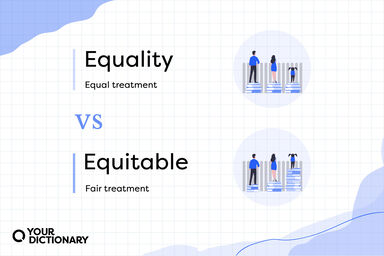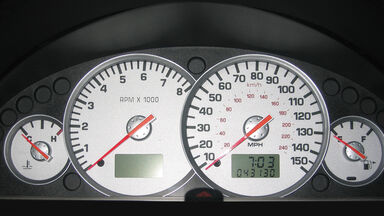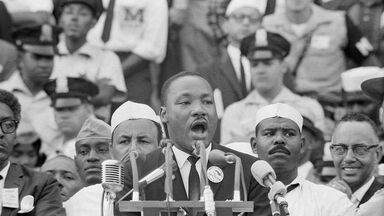A state board of equalization has been established to insure equitable taxation.
Assessments are examined and revised both by a county board of equalization and a state board of equalization.
The assessment roll thus prepared is reviewed by a local board of review; an equalization between the assessing districts in a county is made annually by the county board of supervisors, and between the counties in the state every five years (and at such other times as the legislature may direct) by the state board of equalization, which is composed of the lieutenant-governor, auditor-general, secretary of state, treasurer, and commissioner of the land office.
The general property tax for state and local purposes is assessed by local assessors, but their work is reviewed for the purpose of equalization among the several towns and counties by a board of state assessors, which also assesses the corporations.
This body represents and acts for the county as a corporation; has charge of the erection and repair of county buildings; levies the county taxes, which are limited by law, however, to three mills on the dollar exclusive of those for schools, public highways, interest on the county debt, and other special purposes; divides the county into highway districts, and chooses a highway commissioner for each district for a term of two years; and chooses a superintendent of schools, a surveyor, a public administrator and public guardian, a board for the equalization of taxes, a coroner, a ranger, and a jail physician or health officer each for a term of two years, three commissioners of the poor for a term of three years (one each year), and a keeper and sealer of weights and measures to serve during its pleasure.





